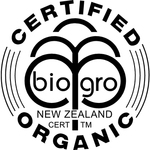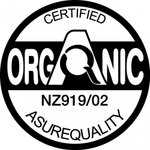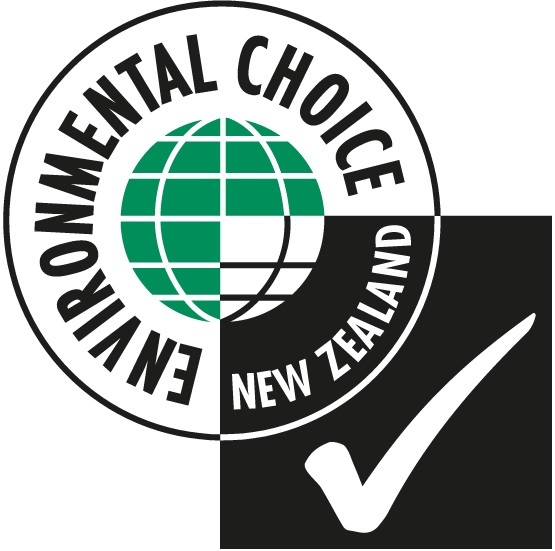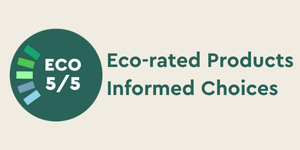What are eco friendly products?
Wander down the aisles of any New Zealand supermarket and you’ll come across products laying some sort of claim to ‘greenness’. Words like 'natural', 'green' and 'healthy' are used on product labelling to attract consumers, but are so broad, they’re meaningless.
The truth is most of these labels are a simple but effective marketing ploy known as greenwashing. They have with very little eco value. In fact, statements like those are often in breach of the Fair Trading Act which prohibits companies from making false or misleading environmental claims. The act also says companies must have good evidence to back up what they’re saying.
Greenwashing on eco-products
Greenwashing can mean all manner of things. Products may claim to be free of ingredients that in fact have nothing to do with they are or offer. For example, a multi-purpose cleaning product saying its green because its ‘nitrate-free’ is unhelpful at best. Nitrates aren’t generally found in cleaners.
Alternatively, marketers may put a picture of a dolphin on a packet or have green-coloured labelling or packaging implying they are eco-friendly products. Manufacturers also like to distract us with claims that may be true but are irrelevant. For example, even though the packaging may well be ‘recyclable’ that doesn’t tell you anything about the environmental effects of the product itself.
Who buys an eco-product?
Many New Zealanders will purchase a product labelled as ‘eco-friendly’ or ‘100 per cent natural’ to feel better about climate change. According to the 2019 Colmar Brunton Better Futures report, 42 per cent of New Zealanders are highly committed to living a sustainable lifestyle.
The Consumer New Zealand survey, which looks at more than 1000 shoppers' habits and issues important to them, said six out of 10 consumers have taken the environment into consideration and have bought eco-friendly products.
However, just half of shoppers had trust in environmental product claims. Most likely because nearly three-quarters of consumers surveyed had trouble working out which products were actually better for the environment. Probably because of the plethora of bogus ‘green’ claims from companies.
These survey results show that consumers will change their habits when they think it might be better for themselves and the environment. Customers are becoming more discerning and are choosing to shop where they know the business is consciously making a difference to the environment. So, how do we make it easier for them to do so?
How do people know which eco-friendly products to buy?
What products are actually sustainable or less damaging on the environment? Which eco-friendly claims are trustworthy? We need to help consumers to look beyond the jargon and the pictures, and check for independent 3rd party seals of approval. In a world of complex product science, and vague or hard-to-understand environmental claims, strong ecolabels, such as Environmental Choice, offer a credible and independent guide for people who want to purchase and use more environmentally friendly products and services.
Ecolabelling is voluntary certification and labelling, but not all labels are created equal. If a company is making general or vague claims, such as ‘environmentally friendly’, ‘green’, ‘natural’ and ‘pure’ it’s usually a tell-tale sign their claims are questionable. The best way to protect consumers from the green hype is for precise claims and evidence backing them up.
Environmental certification labels
The most common eco-labels you’ll see on local New Zealand products are:
- Environmental Choice
Environmental Choice is a not-for-profit trust by the Ministry for the Environment set up to label products such as commercial cleaning items, building materials and toiletries, as well as services, that are proven to be better for the environment. As New Zealand’s only Type 1 ecolabel, meaning it is awarded by third-party organisation, an Environmental Choice label means a company can substantiate claims it makes to being sustainable. Products have to meet criteria relating to their manufacture, packaging and distribution. Comparable international labels on imported goods include Good Environmental Choice Australia, Green Seal (US) and the EU Ecolabel.
- AsureQuality Organic
Run by AsureQuality, a commercial company owned by the government, which certifies organic production.
- BioGro Organic
Run by BioGro New Zealand, an independent organic certification body.
 |
 |
Environmental labels matter
Third-party certification helps distinguish real claims from the fake and people are more likely to support businesses that consider their carbon footprint.
An environmental labelling scheme is voluntary and has the potential to improve the quality of the environment and encourage the sustainable management of resources. Personally, I believe we should support companies who opt to use third-party, certificated eco-labelling. There are ongoing compliance costs for these companies, and I feel the businesses who commit to going to these lengths deserve our support. If you make, stock or use labelled, verified eco-friendly products, you are making a positive impact by identifying a product as being less harmful to the environment than other similar, yet unlabelled products. So, tell people about it. By keeping your customers and social media followers in the loop you can differentiate yourself from others who must then follow suit to stay competitive.
Consumers are out there looking for environmentally responsible companies like yours. So, make sure you tell your customers exactly how your product or service or products or services you choose to buy for your business can make a difference.
At Insinc Products we choose to use and promote eco-friendly and sustainable products as much as possible, because we have a firm belief in doing what we can to save our environment. Our range of environmentally friendly commercial cleaning products have Environmental Choice NZ certification as many of our other suppliers. Feel free to talk to us about how we can help you incorporate eco-friendly at your business. Call 0508 467 462 or you can email us at any time.
Posted: Thursday 17 December 2020


